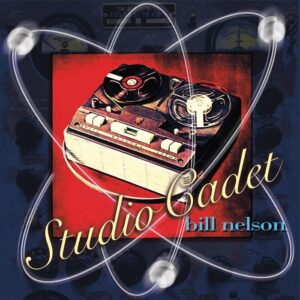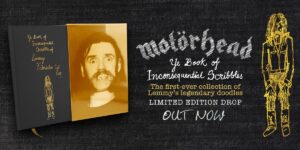The Beatles: Extraordinary Plagiarists…

This is as much a book about regrettable race relations as it is the most revered band in history. In the end, author Edgar O. Cruz defines the Beatles more as fantastic and brilliant plagiarists of mostly African-American music, not the greatest composers since Beethoven. Indeed, The Beatles: Extraordinary Plagiarists concludes that the Beatles DNA is more about songwriting wizardry, trend-chasing, and sly borrowing than innate, God-like genius.
And the story really didn’t start in Liverpool, according to Cruz. Instead, setting the stage for the Beatles was the rough-and-tumble emergence of rock n’ roll in America, one that ultimately produced a friendly face for white audiences: Elvis Presley.
“Rock n’ roll was the race music, one the older generation of Whites disliked because it was initially considered as Black music and had strong associations with sex. Presley was perceived as a White who sang like a Black — and he would eventually be adulated by the Whites precisely because he moved and sounded like a Black.”
The cross-Atlantic handoff is well-known, and discussed by John Lennon himself. “It was Elvis that really got me buying records,” Lennon said. “When I heard ‘Heartbreak Hotel,’ I thought, ‘this is it’. And I started to grow sideboards and all that gear…’
There were other influences, of course, and the budding Lennon and McCartney benefited enormously from their performances with Little Richard (not to mention the commercial-shaping of George Martin). And perhaps the argument that ‘whites stole black music’ is far too simplified, especially since music is never created in a vacuum. Instead, it’s always pulled from the boiling bouillabaisse of various influential styles, trends, and everything that came before.
Cruz is obviously cognizant of the nuances, but pointed to a pretty sly game by the Beatles.
“Individually or collaboratively, Lennon and McCartney mostly got away with plagiarism by not exceeding the two bars to constitute plagiarism in its legal sense,” Cruz relayed.
And, this isn’t just a ‘black-and-white’ issue, in the literal sense. “Out of the 213 officially released songs in Great Britain, the Beatles were able to pass their mostly rehashed material as unique and novel during the quartet’s lifespan,” Cruz asserts, while connecting a substantial number of Beatles songs back to other, previously-written songs.
“McCartney converted ‘Good Day Sunshine’ from The Lovin’ Spoonfuls’ feel-good song, ‘Daydream.'”
“The Lovin Spoonful’s leader John Sebastian commented that the wonderful thing about the Beatles was that they could copy ideas without giving a hint in the final product that they did so.”
Source: Digital Music News


